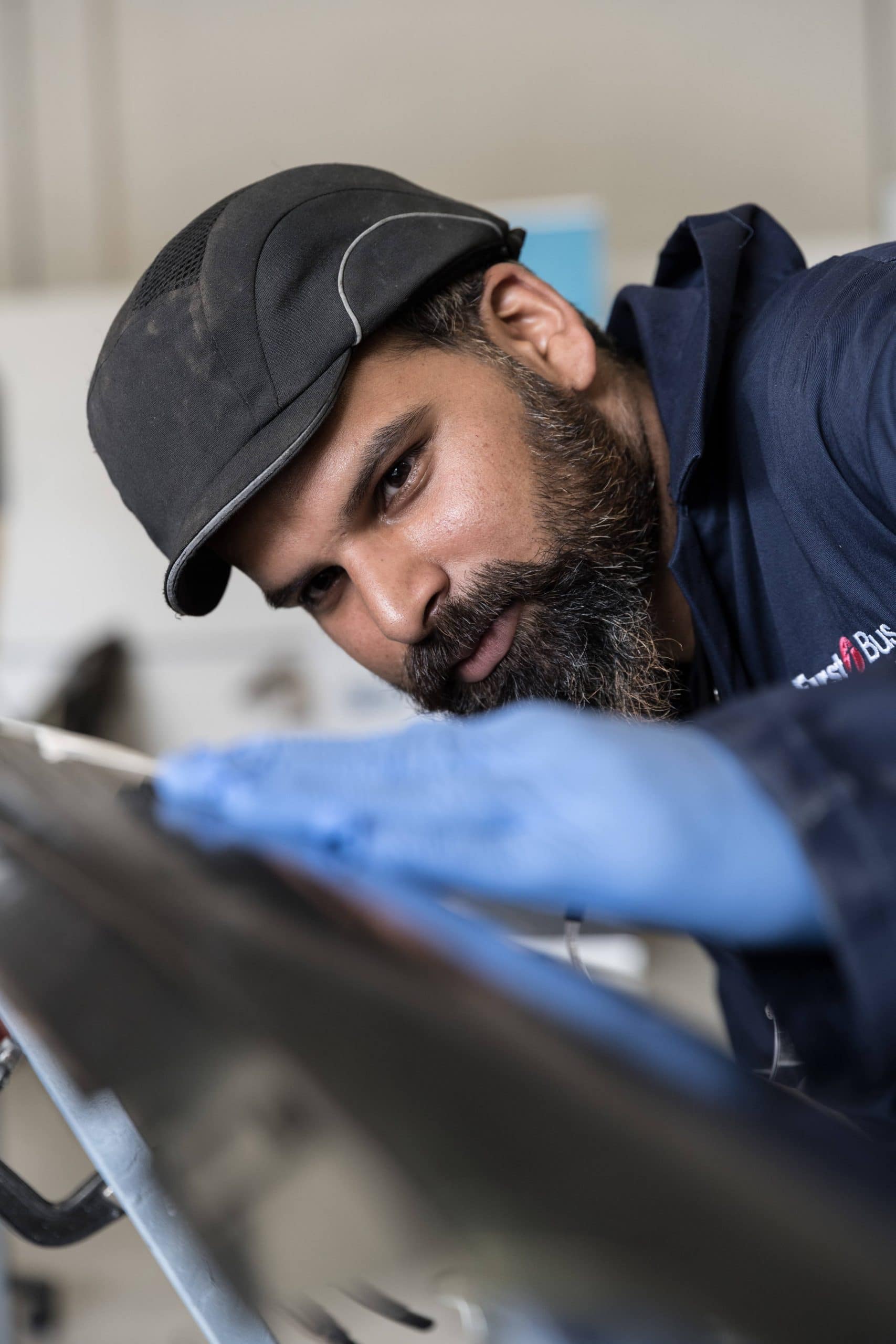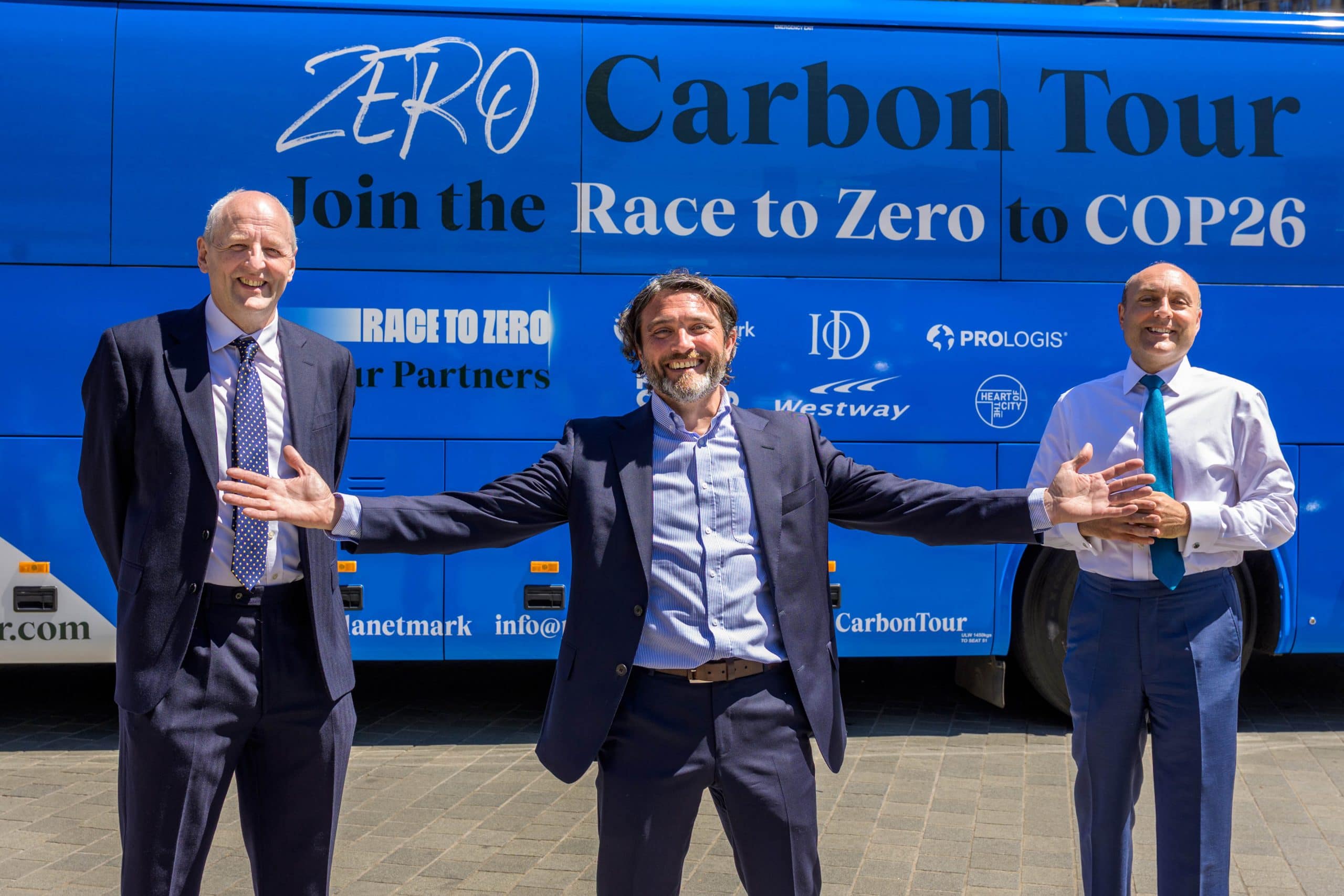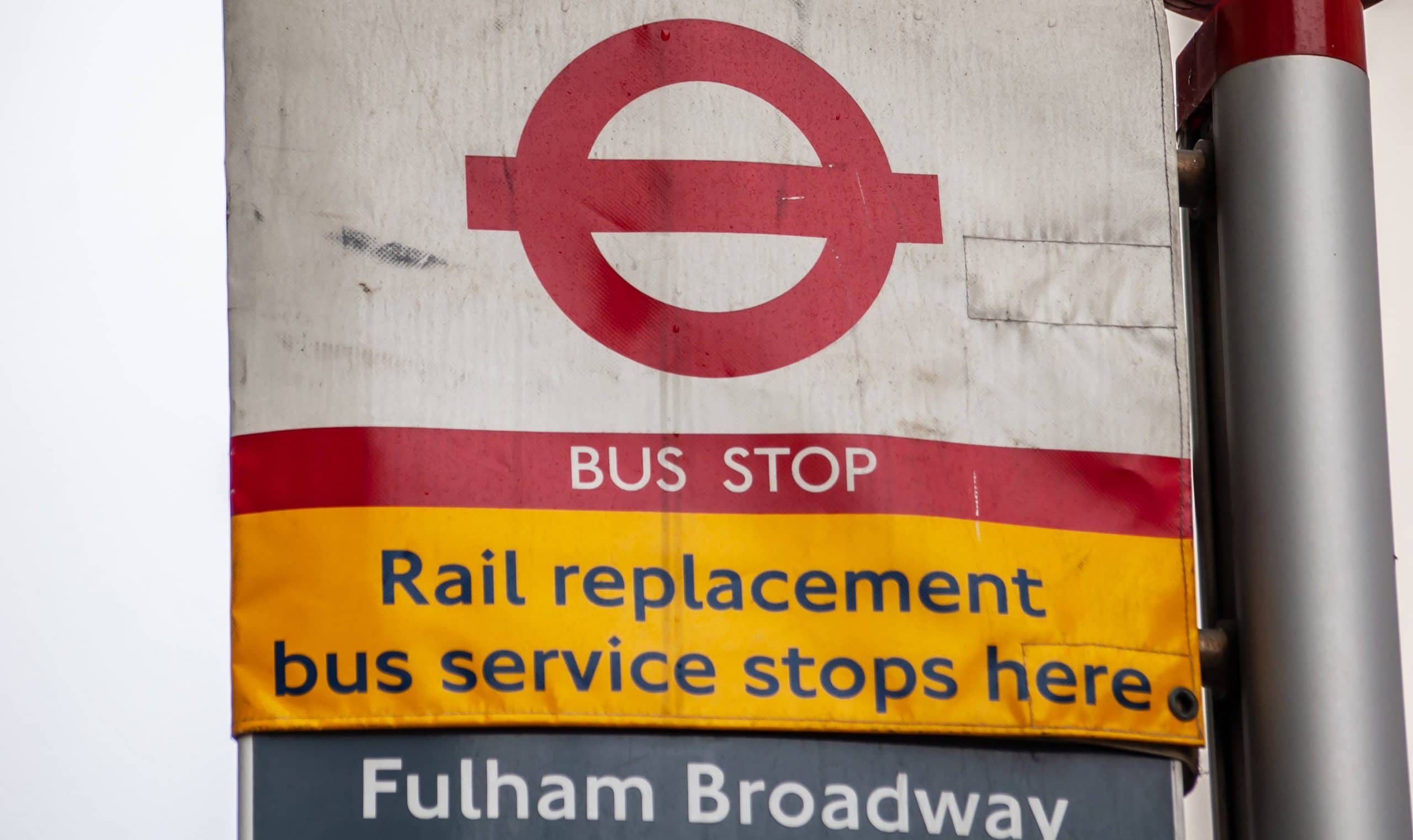Coach and bus apprentices and technicians from across the UK met in Bristol in June as the 10th anniversary IRTE Skills Challenge got under way
On 22 June apprentices and technicians from across the UK gathered in Bristol to take part in the 10th anniversary IRTE Skills Challenge event.
Initially set for 2020, the event was postponed due to COVID-19. Although slightly different to previous years, confidence was high as participants took to the three-day event.
The highlight of this year’s Challenge was the introduction of the mechelec category, which challenges apprentices with a combination of mechanical and electrical disciplines.
According to Membership and Registration Manager at the Society of Operations Engineers Oliver Teasell, the challenges and tests that take place at the Skills Challenge, and the introduction of the mechelec category, reflect the changes in technology happening in the industry and the growing importance of cleaner air and zero emissions within coach and bus businesses.
“It’s fantastic that we’re here 10 years after we launched the first Skills Challenge,” Oliver says. “It really has changed in all aspects. It started off with four teams and now we have 17 teams and over 60 technicians.”
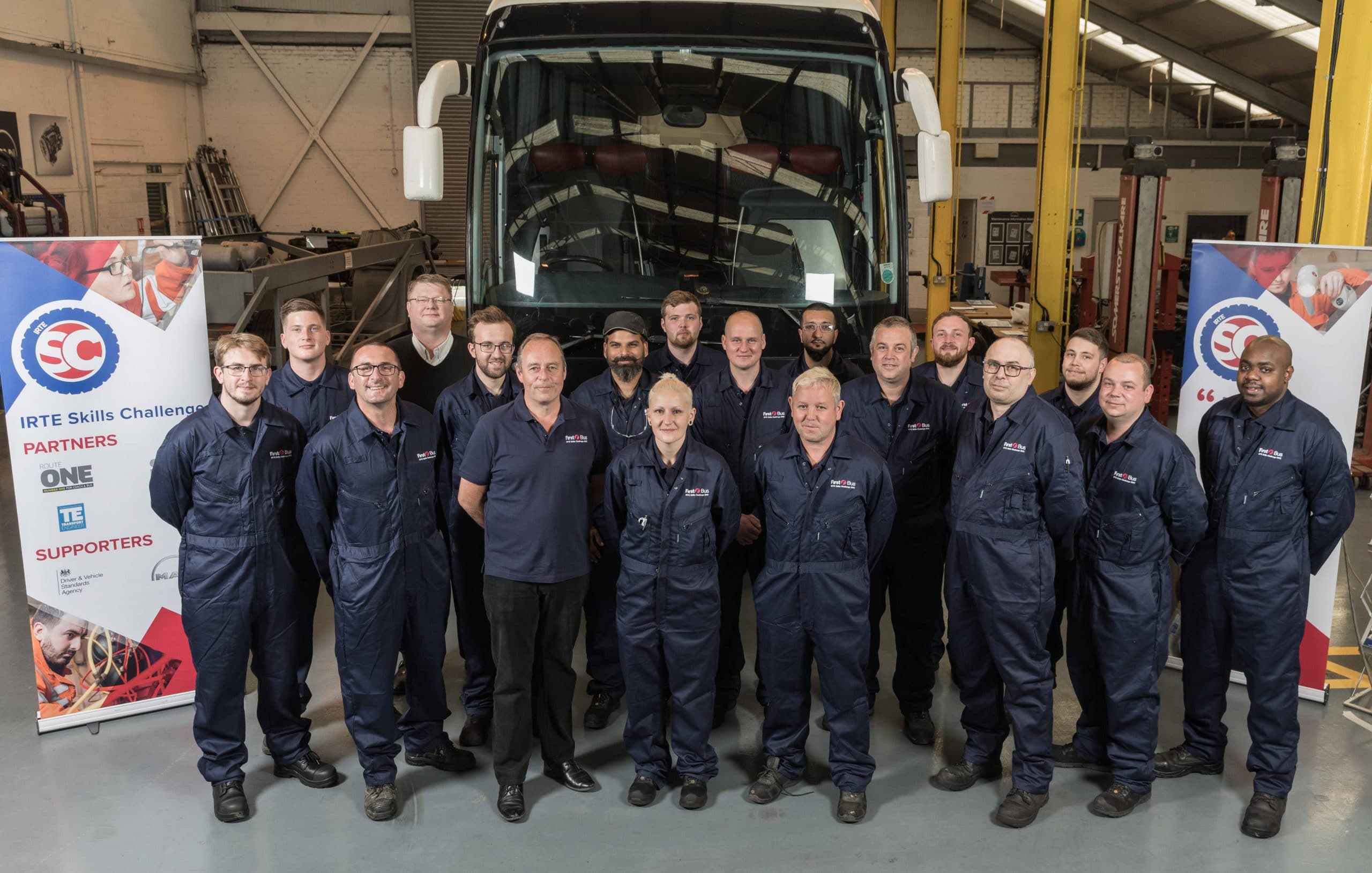
New challenges
According to Oliver, the introduction of the mechelec category was unavoidable as vehicle technology changes, develops and grows more prevalent. “Electric vehicles are now part and parcel of our daily life,” he points out. “We’ve had to have an element of that in the Skills Challenge because electric vehicles are something that has developed, and we need to be able to show that our apprentices and technicians are competent with electric vehicles.”
Many of the technicians and apprentices in attendance may not have even been exposed to much of that new technology or parts of the test placed before them. “That can be very daunting,” Oliver believes. “But it is a great experience for them, and it opens their eyes up to different areas of engineering and to things they may not have thought about previously.”
Much of the new vehicle technology was brought to the event by sponsor Alexander Dennis (ADL) which arranged for the presence of an Enviro200 with SmartPack diesel technology, and a zero-emission capable Enviro400ER electric range bus on behalf of long-time Skills Challenge sponsor BAE Systems. ADL has echoed the sentiment that the IRTE Skills Challenge is vital to the industry by “up-skilling” technicians and identifying knowledge gaps within the industry.
“We’re delighted to be a part of the IRTE Skills Challenge again as it ties in with our ethos of providing our customers with outstanding aftermarket services,” says ADL Training Manager Paul Hopwood.
“It is fundamental that the knowledge, skills and dedication of technicians is recognised and rewarded. We wish all teams taking part in the Skills Challenge this year the best of luck.” Equally, BAE Systems has long built its business model around nurturing young engineering talent, and sees its continued sponsorship of the event as vital to maintaining pace with developments.
Andrew Ashby, Business Development Manager at BAE Systems, reflects on the importance of apprenticeship skills within BAE Systems: “Apprenticeship skills are fundamental to many parts of BAE Systems, both internally and externally and especially where we can extend those skills into our customer partners in the bus industry and support them effectively.
“One of our prime objectives with our own apprentices is to maximise their exposure to different parts of our business. That helps capture their enthusiasm and ideally helps them find their own special niche within the business. The more skills you give to apprentices, and the more exposure you give them, the more opportunity you create for them.”
Andrew feels that, in the 10 years that the Skills Challenge has been running, it has been effective at keeping pace with the rate of change with vehicle technologies, and BAE is keen to bring these new technologies to this process – such as the Enviro400ER, which uses BAE Systems’ drivetrain technology.
“Ultimately our objective is to make sure that the Skills Challenge pulls out some of those new technologies, exercises them and challenges the apprentices to go through the process of diagnosing faults but in areas where the new technologies are emerging so that everybody – both our own apprentices internally and the apprentices we support in the industry – stays up to speed with those new developments,” he adds.
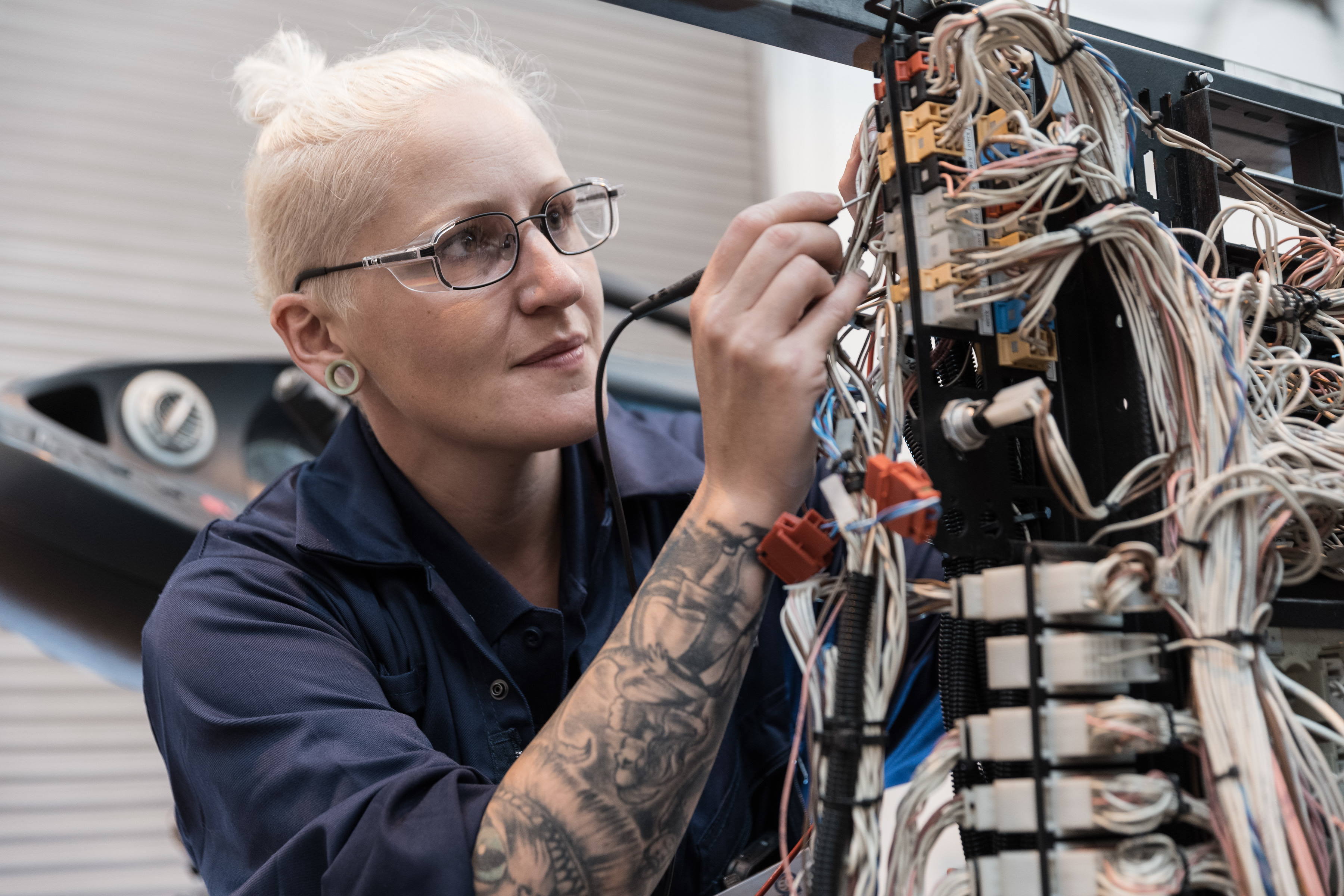
Skills Challenge continues to be led by the industry
The Skills Challenge will continue to be led by, and reflect changes happening within, the industry. “As time goes on the Skills Challenge is going to utilise more greener vehicles, low-emission vehicles and hybrid vehicles,” Oliver says. “The more that develops, the more the Skills Challenge and the categories develop.”
However, that pace of change has to be tempered by the knowledge that new vehicle technology will not reach all corners of the UK at the same pace. That’s according to Operations Director at S&B Automotive Academy Richard Belton, who reveals the Skills Challenge makes efforts to manage its rate of change effectively: “We’re building it up at the speed of the industry,” he explains. “We can’t build it up too fast because we’ve got to understand that we’re not just testing people from London or big cities that are working with hybrids or the latest technology.”
The introduction of the mechelec category is a key part of that. Richard believes changes such as those are only going to increase in the future, as electrification grows and has an impact on more operators’ businesses. “It’s got to be a part of the industry, and of the Skills Challenges to come,” he concludes.
This year’s winners will be announced on 16 September.




















